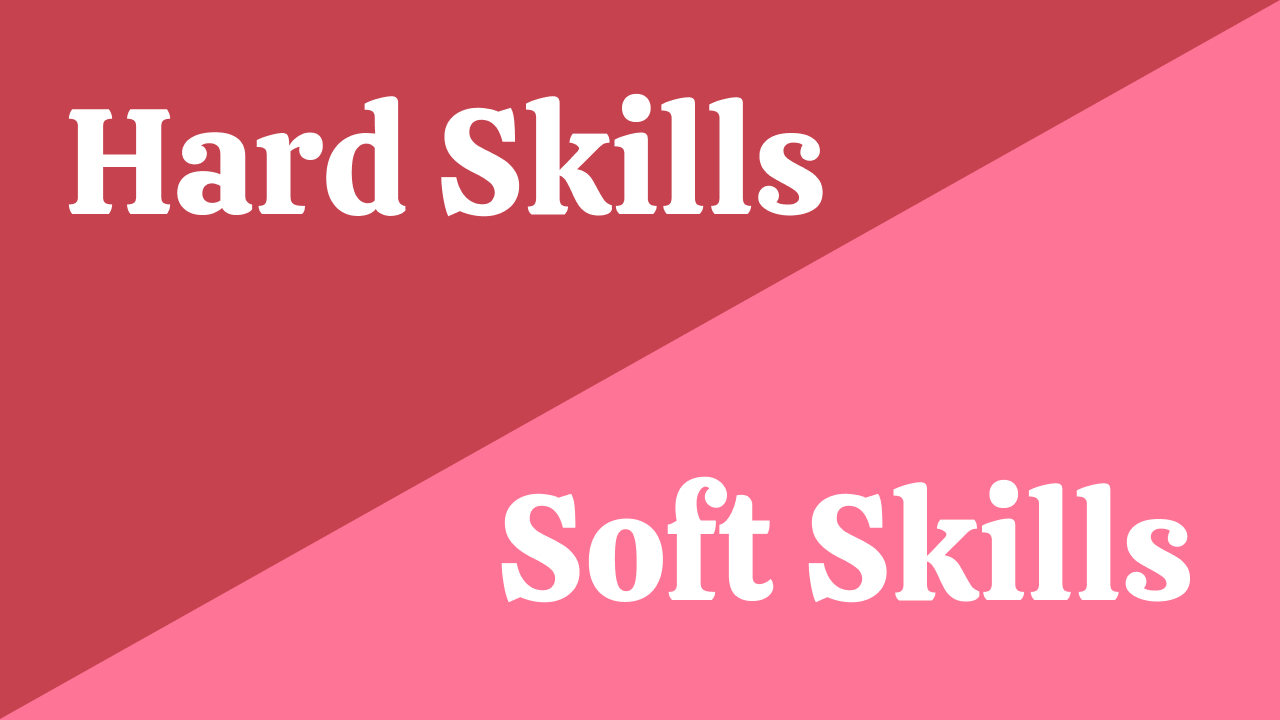In fact, let’s delve into the concept of Hard skills and Soft skills.
Hard skills:
Hard skills refer to specific technical abilities and knowledge that are measurable and teachable. They are usually job specific and can be acquired through education, training and experience. These skills are generally easy to define and quantify. Examples of complex skills are:
Coding and Programming: Expert in programming languages such as Python, Java, C++ and manymore.
Data Analysis: The analysis and interpretation of data using tools such as Excel, SQL, or data visualization software.
Graphic Design: Creating visual effects with software such as Adobe Photoshop or Illustrator.
Mathematics: Mathematical concepts relevant to your job, such as statistics and math skills.
Foreign Languages: Spoken, written and understood languages such as Spanish and Mandarin.
Project Management: Structured methods used in project management, using tools such as Microsoft Project.
Technical Documentation: Documents, manuals, or instructions relating to technical products or processes.
Soft Skills:
Soft skills, on the other hand, are more personal and interpersonal qualities that enable them to effectively communicate, cooperate and interact with others These skills are often difficult to quantify but are equally important for personal and professional purposes victory. Examples of soft skills are:
Communication: Effectively expressing ideas and actively listening to what others have to say.
Working in teams: Effective collaboration and positive support in group settings.
Problem Preparation: Analyzing situations, identifying challenges, and developing practical solutions.
Time Management: Properly organizing and prioritizing tasks to meet deadlines.
Adaptability: And to be able to adapt to changing circumstances



